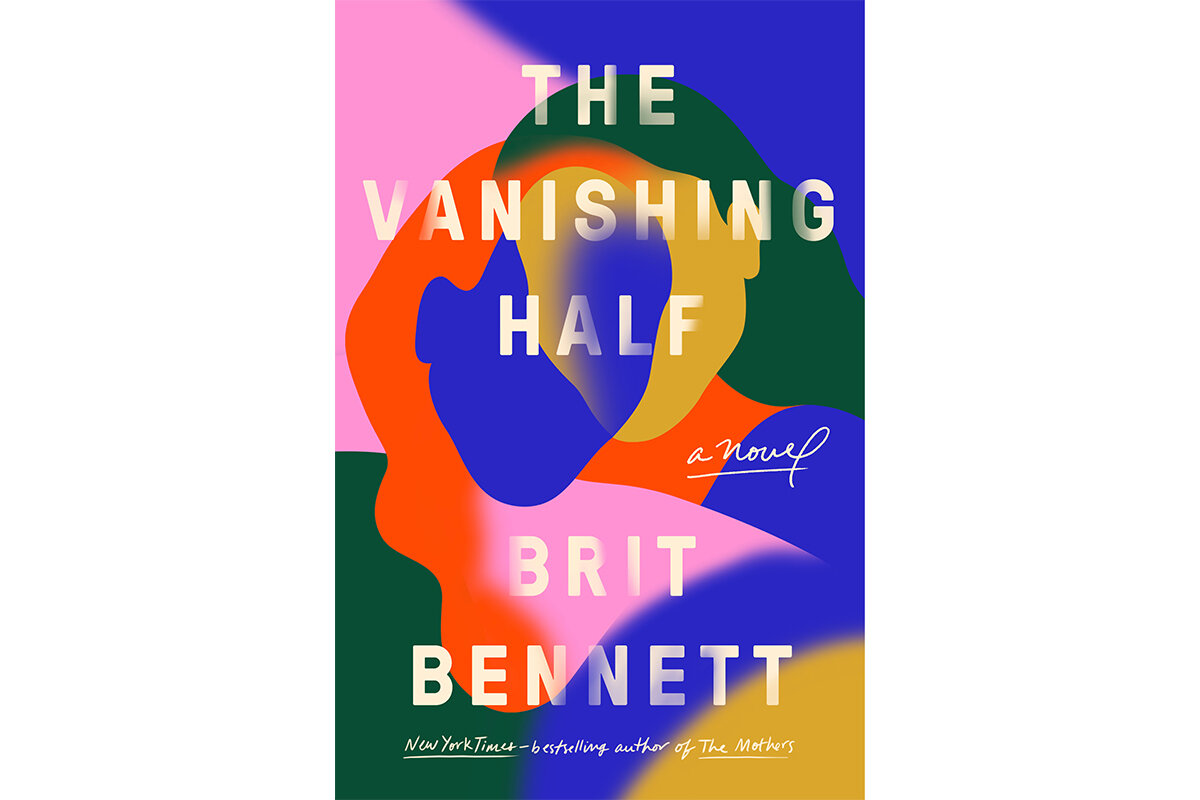The 10 best books of June bring hope and insight
Loading...
1. The Voyage of the Morning Light by Marina Endicott
An intrepid young woman journeys with her half-sister and captain brother-in-law aboard a Nova Scotia merchant ship to the South Seas in 1912. Awash with vistas of beauty, the novel follows the deep pull of the characters toward harmony, justice, and home. The tale shimmers with intelligence and humor.
2. The Vanishing Half by Brit Bennett
Twin sisters take very different paths in this gripping exploration of race, identity, and the meaning of home. A poignant combination of mystery and history, the novel moves as briskly as a beach read while addressing issues of great weight. While the plot occasionally hinges on unlikely coincidences and surprises, the same could be said for the nation and the times that are chronicled in this book.
3. An Elegant Woman by Martha McPhee
Set adrift by their parents in the difficult world of 1910s America, two young sisters anchor themselves by embellishing their family myths; in alternating chapters, their descendants work to understand their legacy. Flashes of gleaming prose illuminate Martha McPhee’s novel, which is rooted in her own family history and offers much insight, if you have time to linger.
4. The Mountains Wild by Sarah Stewart Taylor
This gripping mystery introduces Maggie D’Arcy, a top-notch Long Island homicide detective whose cousin vanished in Ireland 23 years ago. The book’s intriguing characters spiral through multiple timelines, plot twists, and lush Irish settings, and Maggie’s quest to finally learn the truth runs parallel to her hopes of reuniting with a lost love.
5. Cross of Snow by Nicholas A. Basbanes
The poems of Henry Wadsworth Longfellow aren’t in great fashion today, but in the first major biography of the fabled New England poet in many years, Nicholas A. Basbanes argues that Longfellow is starting to make a comeback. His exhaustively researched account of Longfellow’s life and career should give that reappraisal a boost.
6. Union by Colin Woodard
Historian Colin Woodard tells not the story of how America became a nation, but rather of how America crafted its own version of its national history, and how that national mythology has changed over the decades.
7. The Language of Butterflies by Wendy Williams
In this fascinating book, Wendy Williams not only lovingly relates the variety and natural history of butterflies around the world, but also shares with readers the weird and wonderful stories of the people who have chased, studied, and explained butterflies over the centuries.
8. The Cubans by Anthony DePalma
Former New York Times foreign correspondent Anthony DePalma tells the vivid story of communism through the eyes of several generations of Cubans. He includes telling details, such as the pantomime of stroking imaginary beards before criticizing the government, to avoid retribution for mentioning Castro’s name. DePalma shows what life was like, and is like, for Cubans.
9. Humankind by Rutger Bregman
Rutger Bregman puts forth a “radical idea”: that “most people, deep down, are pretty decent.” In a chatty, engaging style, the Dutch historian sifts through academic studies and reassesses historical events to support his feel-good thesis – one that, he notes, ought to have far-reaching implications for how we run our workplaces, schools, and prisons.
10. The Brothers York by Thomas Penn
Thomas Penn puts an irresistible personal face on the legendary Wars of the Roses between the houses of York and Lancaster by focusing on the tempestuous brothers at the heart of the conflict.









